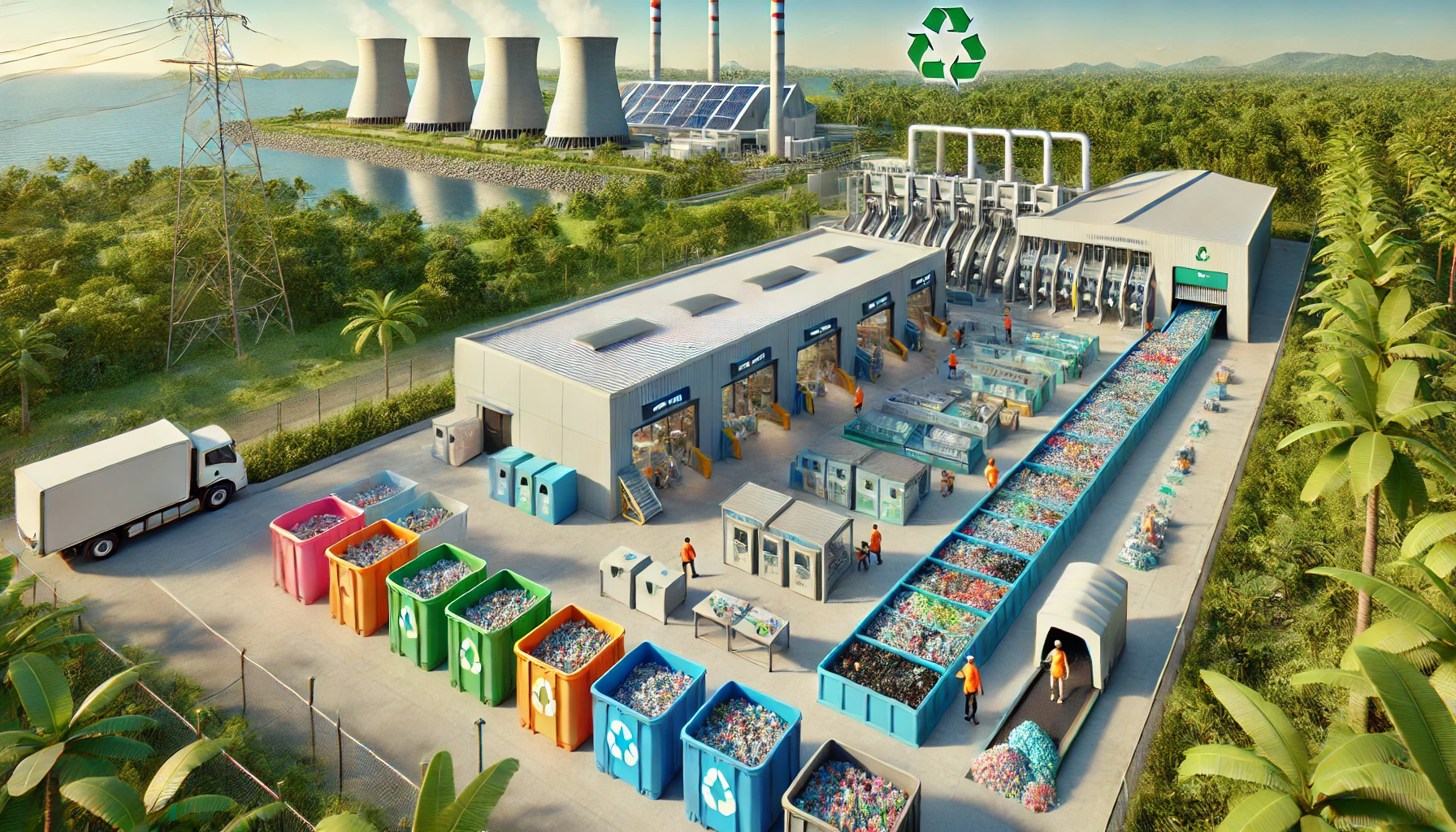Advanced Green Tech Solutions Transform Small Rajasthan Village into Zero-Waste Model
This comprehensive package of green technology interventions includes an Organic Waste Bio-Methanation Plant, verifiltration technology, Constructed Wetlands, and a Resource Recovery Center (RRC).

- Country:
- India
A small village in Rajasthan, Aandhi, located about 43 kilometres from Jaipur, is embracing a zero-waste model using innovative green technology, positioning itself as a beacon of sustainable waste management for rural India. This pioneering initiative is helping the village convert food, agro, and wastewater, along with hospital waste from schools, health centres, and agricultural fields, into usable resources through the integration of eco-friendly technologies.
This comprehensive package of green technology interventions includes an Organic Waste Bio-Methanation Plant, verifiltration technology, Constructed Wetlands, and a Resource Recovery Center (RRC). These recent installations, celebrated during a village ceremony attended by Dr. Anita Gupta, Head of the Climate, Energy, and Sustainable Technology (CEST) Division, and Dr. G.V. Raghunath Reddy, the Program Officer, represent a holistic approach to waste management in Aandhi. Key Technology Interventions in Aandhi:
Organic Waste Bio-Methanation Plant (100 Kg Capacity): Installed at a local government school, this plant converts food and agro waste into biogas through anaerobic digestion. Equipped with a 5 KW solar energy system, it provides clean cooking and power solutions, reducing dependency on fossil fuels, cutting down greenhouse gas emissions, and supporting renewable energy usage.
Vermifiltration Technology (10 KLD Capacity): Located at the Community Health Center, this patented technology uses earthworms to filter greywater and sewage. Solar-powered, this process creates treated water suitable for agricultural irrigation and landscape watering—a sustainable solution for water reuse that helps conserve groundwater and promotes efficient wastewater management.
Constructed Wetlands (20 KLD Capacity): Situated at the main pond in Aandhi Village, these wetlands replicate natural systems to treat wastewater while boosting biodiversity, supporting native plants and animals, and improving the ecosystem's health. This solution addresses the challenge of managing wastewater while restoring local flora and fauna in the pond.
These systems collectively demonstrate a strong model for sustainable waste management in rural communities. In addition, partnerships with recycling agencies have been established for effective collection, segregation, and recycling of waste from the RRC, while vermicomposting units have been introduced to the villagers, equipping them with the knowledge to further reduce waste in their daily lives.
Impact and Vision for the Future
The DST-supported project aligns with India's climate and environmental sustainability goals, emphasizing the "waste-to-wealth" approach. These initiatives not only reduce waste but also provide renewable energy, promote water conservation, and support local biodiversity. This zero-waste model for Aandhi village stands as a potential blueprint for replication in other rural areas, fostering a sustainable, self-sufficient future for communities across the nation.
“This initiative highlights how technology-driven solutions can empower rural communities, ensuring sustainable waste management while contributing to India’s net-zero and environmental sustainability goals,” said Dr. Gupta.
By leveraging such advanced green technologies, Aandhi Village showcases the transformative power of innovation in tackling environmental challenges, paving the way for a development-led, sustainable, and inclusive future that can inspire similar initiatives across India. This model sets a valuable example of how rural India can lead the charge toward a net-zero nation.
- READ MORE ON:
- Aandhi
- Resource Recovery Center










